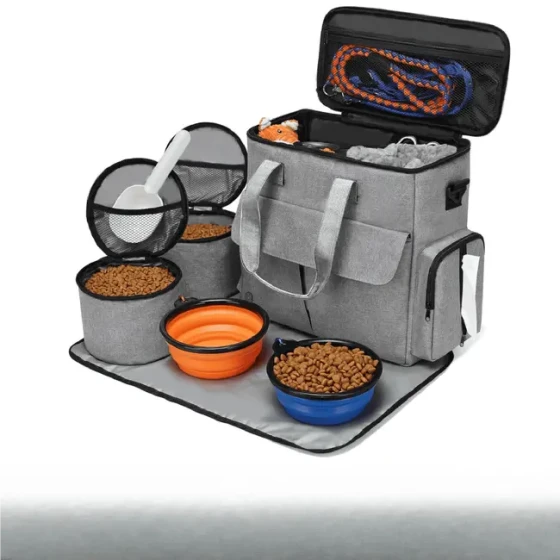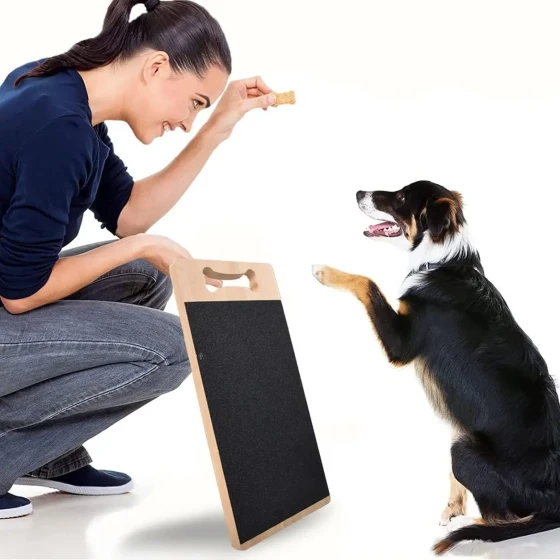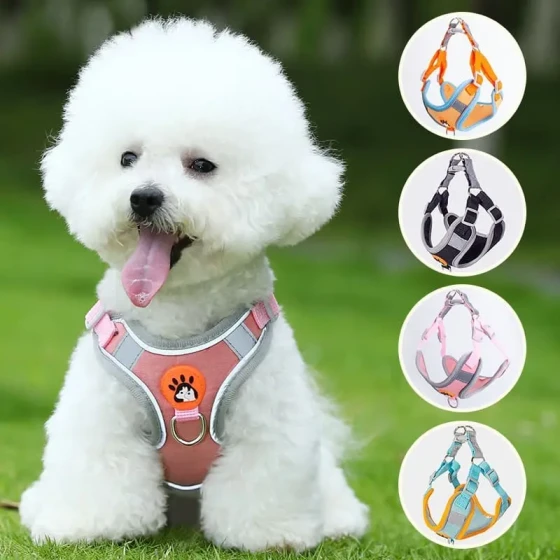Analysis of the Reasons Why Dogs Get Fatter and Fatter
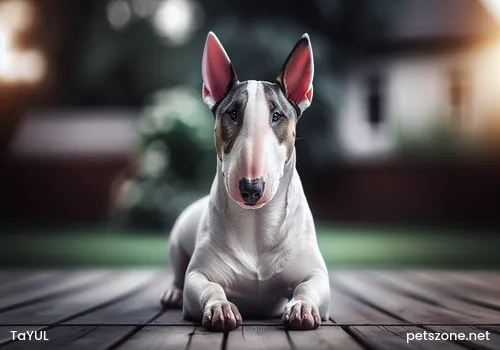
Pug (detailed introduction)
Dog obesity is basically the same as human obesity, both caused by excessive fat stored in the body, leading to bloated appearance, which is obesity. In fact, excessive obesity in dogs is a sign of sub-health status. If not controlled, it can easily cause diseases such as diabetes, skin diseases, heart disease, liver dysfunction, and more. So, what are the reasons that cause dog obesity?
1. Diet Issues
Overfeeding dogs easily leads to excessive nutrition and fat accumulation in the body, causing the dog to gradually become obese. Picky eating or biased eating easily causes nutritional imbalance, which also leads to dog obesity. Excessive feeding and picky eating are both unhealthy diets. During a dog’s growth period, they can cause excessive nutrition or severe lack of certain nutrients, resulting in hormonal imbalance inside the dog. This induces obesity and a series of obesity-related sequelae. Regularly feeding dogs on time and in proper amounts, along with balanced nutrition, is one effective way to avoid dog obesity.
2. Snack Issues
Often there is a situation where, when you are eating something, the dog sits aside waiting, staring at you intensely as if it’s a disadvantage or injustice if it doesn't get a little bite. When the dog shows hopeful eyes looking at you, most people find it hard to refuse to give a bite. However, if these snack calories accumulate for a long time, such as when feeding dog biscuits or sweets while you eat, this can become an important source of calories that causes the dog to gain weight. Therefore, snack provision should be "purpose" oriented. When the dog does something right or performs well, we reward it with one or two small biscuits or meat sticks as encouragement, rather than feeding him whenever you eat or as much as he wants.
As for fruits that people often eat, although dogs can eat them, the quantity must be controlled because fruits have high sugar content. One or two small pieces are okay, but not too much. Some people feed dogs with their own food, which is more common in "old-fashioned" dog care. People food calories are hard to calculate, so overfeeding can easily cause the dog to become obese.
3. Lack of Exercise
Like humans, lack of exercise is also a cause of dog obesity. The calories and fat dogs consume daily need to be burned off by exercise. If dogs always hide at home and are too lazy to move, it will inevitably cause accumulation of calories and fat in their bodies, making them increasingly obese. If the owner wants the dog to have a slim and healthy figure, they need to often guide the dog to exercise, take the dog to parks, and walk around to promote blood circulation and enhance metabolism, effectively burning the daily calories and fat intake, thus avoiding obesity.
4. Disease Induction
Hypothyroidism, adrenal hyperfunction, pancreatic tumors, and certain brain tumors can also cause dog obesity.
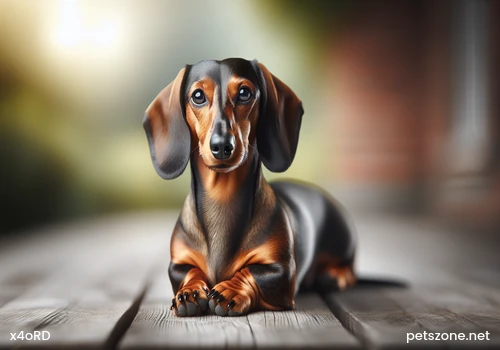
Chow Chow (detailed introduction)
5. Aging Reasons
As dogs enter old age, their metabolism slows down, digestion deteriorates, and bones gradually degenerate. Elderly dogs don’t like jumping or exercising but prefer sleeping, which easily leads to fat accumulation and obesity. The older the dog, the more the owner should encourage it to do simple exercise or take frequent outdoor walks. This not only strengthens the bones of senior dogs but also effectively burns fat and calories, preventing obesity in elderly dogs.
6. Breed Issues
Many pet owners may not realize that dog obesity is also related to the dog’s breed. This is caused by genetic factors; for example, Pugs, Pekingese, Bulldogs, and other breeds are prone to obesity. Although these dogs are lively and active and love exercise, due to their breed genetics, they are more likely to become obese than other breeds.
7. Neutering
Neutering is also an important cause of dog obesity. Dogs that have been neutered lose interest in many things, do not lose appetite due to the smell of females in heat, and don’t think about going out on dates. They become lazy to move, and with improved mood and increased appetite post-surgery, they often gain weight quickly after neutering. Additionally, hormonal changes after surgery affect metabolism, which also leads to obesity.
Editor's Tip: Balanced diet, reasonable exercise, and regular disease prevention are prerequisites for ensuring dog health. In short, let dogs sleep less and exercise more, eat fewer snacks and more dog food, and obesity will stay away from dogs.
